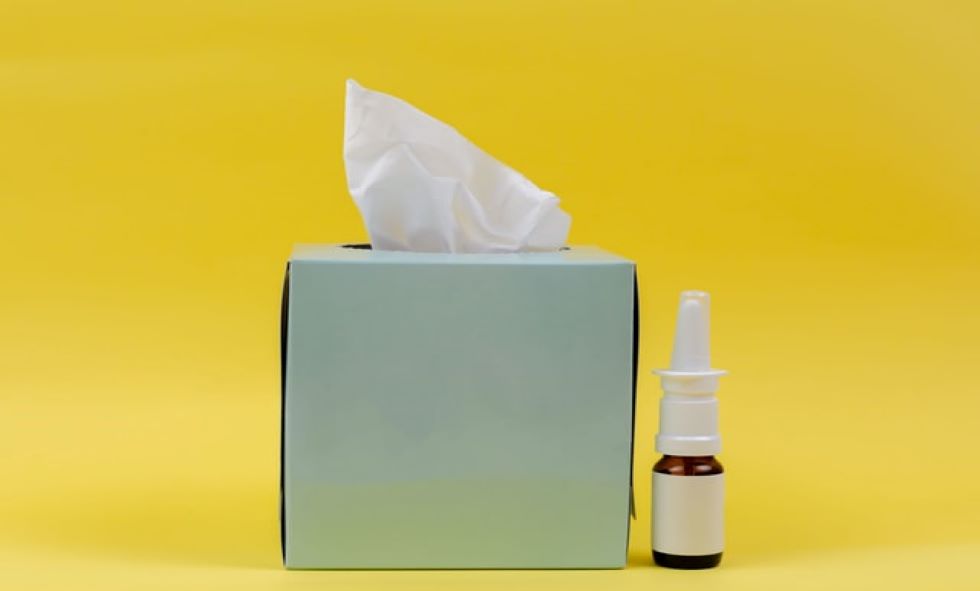Springtime brings beautiful rain showers and lush, green lawns. But with spring weather also comes budding plant life and potentially unpleasant allergens like pollen, which can trigger your seasonal allergies and cause discomfort. Common reactions to these allergens can range from symptoms like congestion and sneezing to painful sinus pressure. Managing spring allergies can be difficult. Fortunately, we’re here with some simple and easy-to-follow advice. If your eyes are watery and your sneezes are violent this beautiful spring season, then this entry is perfect for you.
Ways You Can Pollen-Proof Your Home
It may seem difficult to keep pollen out. When there’s a high amount of pollen in the air, here are a few simple options:
- Avoid outdoor activities for long periods of time
- Keep all windows and doors to the outside closed
- Launder all bedding weekly and use a mattress allergy cover
- Vacuum all flooring and bedding once a week
If you’re already following these guidelines and still experiencing annoying symptoms of seasonal allergies, you may need an extra boost to your allergy protection than consistent home upkeep!
Other Methods of Managing Spring Allergies
There is nothing wrong with taking proper medication to help alleviate some allergy symptoms! It can however seem a little overwhelming when faced with different over-the-counter options like “decongestants” and “antihistamines,” and if you don’t pick the right medicine for your needs, it can seem like you’re stuck battling allergy symptoms. Or if you mix and match different medications in an attempt to help yourself, you may wind up doing more harm than good.
A good general rule of thumb when picking allergy medications is to understand why you’re experiencing symptoms in the first place.
- Medications containing antihistamines tend to work best when you’re experiencing sudden allergy reactions, like when you first go outside.
- OTC Medications containing corticosteroids are usually preventative nasal sprays that can take longer to work but are best for if you know you experience seasonal allergies.
- Medications containing decongestants are best used for short-term sinus congestion and pressure relief, but they can cause high blood pressure and increased heart rates.
It may be time to seek professional care if over-the-counter options do not effectively work on your seasonal allergies. Advice from an ENT or primary care physician can provide significant relief. Comanche County Memorial Hospital provides a directory of providers you can use to first find an appropriate medical professional on staff then schedule an appointment. Make an appointment today with one of our experienced medical professionals https://www.ccmhhealth.com/providers/.
Disclaimer
The Comanche County Memorial Hospital website does not provide specific medical advice for individual cases. Comanche County Memorial Hospital does not endorse any medical or professional services obtained through information provided on this site, articles on the site or any links on this site.Use of the information obtained by the Comanche County Memorial Hospital website does not replace medical advice given by a qualified medical provider to meet the medical needs of our readers or others.While content is frequently updated, medical information changes quickly. Information may be out of date, and/or contain inaccuracies or typographical errors. For questions or concerns, please contact us at contact@ccmhhealth.com.
Sources:
Healthline. https://www.healthline.com/health/allergies/seasonal-allergies#TOC_TITLE_HDR_1
Harvard Health. https://www.health.harvard.edu/diseases-and-conditions/choosing-an-over-the-counter-allergy-medication

